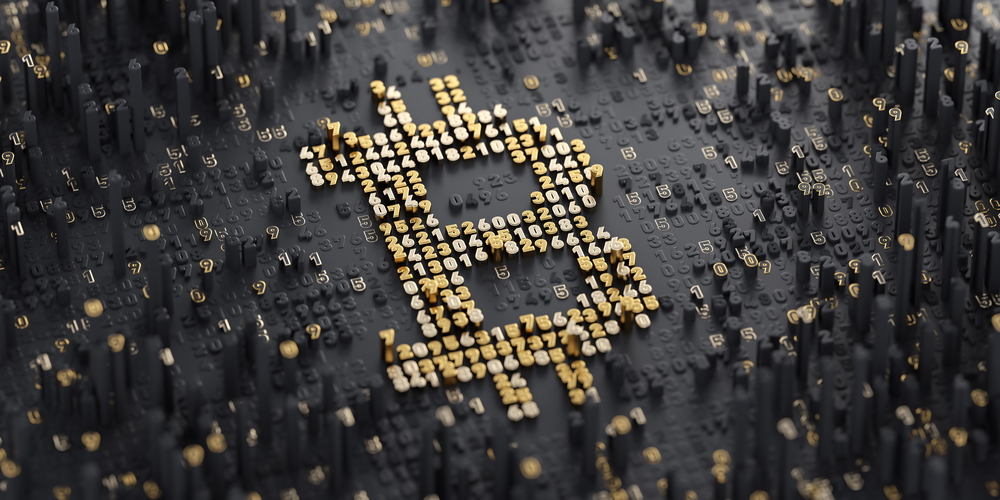It looks like Puerto Rico may have found unlikely heroes in the form of cryptocurrency entrepreneurs. However, the move to build Sol, a crypto utopia, comes with a caveat, tax breaks.
These cryptoprenuers are looking to showcase the role blockchain can play in the future with the development.
The US government has been slow to assist Puerto Rico after last year’s devastation from Hurricane Maria.
Already struggling before the hurricane, Puerto Rico looks like it might welcome the idea of cryptocurrency investment. However, it may come at a cost.

Impoverished locals with limited or no knowledge might be in the dark while the billionaires play away.
Enter crypto-colonialism. The term has nothing to do with cryptocurrencies. Crypto-colonialism refers to countries, such as Greece and Thailand, looking to gain political independence at the expense of massive economic dependence.
Originally “crypto” meant hidden. A country may enjoy some form of independence, but its cultural identity is repurposed to take the form of foreign powers. In this context, colonialism refers to the infiltration of the country’s cultural identity.
This definition of crypto-colonialism applies to the repercussions of crypto utopia.
Crypto land
Cryptocurrencies operate outside centralization models. They are in legal limbo and remain unregulated.
Cryptocurrency entrepreneurs, who set up shop in Puerto Rico last year might carry crypto libertarian policies to the island.
Puerto Rico to them would be another Free Republic of Liberland, arguably a “micronation that uses Bitcoin as its legal tender.
These cryptoprenuers set their sights on using blockchain to vote and dol out citizenships. But will the poor and struggling locals hop on this crypto utopian train?
These are the classic signs of disaster capitalism – the exploitation of a natural or economic crisis to bend a once free society into a capitalism-driven country.
Fight the power
The environment also takes a huge hit from crypto utopias. Off the back of a devastating natural disaster, Puerto Rico cannot sustain a crypto utopia. A single bitcoin transaction uses about 215 kilowatt hours(KWh). Even at full capacity, Puerto Rico does not have that kind of juice.
The island consumes 19 Terawatt hours. Mining bitcoin would take 48 Terawatt hours in a year. Puerto Rico is already stretched thin as it is.
Crypto billionaires are exhibiting the signs of bubble developers; cash out early and lock in profits.
Our recent research shows that cryptocurrency prices are sheltered from the ripple effects of other assets, such as gold and equities. However, cryptocurrency prices are intertwined. A price shift in one cryptocurrency means a shift in all other currencies.
If Bitcoin withstands its latest depression, that crypto-colonialism just might spread its tentacles on a global scale. Using Puerto Rico as a poster child, Crypto libertarians could zero in on disaster-hit areas of the world.
On a brighter note, though, cryptocurrency can also aid in financial recovery. In December, Venezuela announced the creation of a new cryptocurrency, “petro”, backed up by vast Venezuelan reserves of precious metals, oil, and diamonds.
Hit by US sanctions, high inflation, and even lower oil prices, Venezuela is using the petro as its vehicle to hobble out of financial incapacitation.
Such initiatives as Sol should be approached with some skepticism, as cryptocurrency remains decentralized and unregulated.







